Wolf Symbolism

The wolf is a powerful symbol that has had deep significance across many cultures and spiritual traditions. This guide will explore the extensive symbolism behind wolves to help uncover the deeper meaning and wisdom these animals represent.
Origins and Cultural Significance of Wolf Symbolism
The wolf has played an important role in mythologies and legends across the Northern Hemisphere since ancient times. Wolves were seen as both mysterious and threatening by early Europeans and Asians and were often associated with danger, destruction, and evil forces.
In Native American culture, the wolf took on more nuanced symbolism. Wolves were seen as teachers or pathfinders, representing intelligence and a deep connection to intuition and the spirit world. Some tribes considered the wolf a guide who accompanied the dead on the path to the afterlife.
In Norse mythology, wolves were linked to the gods Odin and Loki. The Fenris wolf and wolves Sköll and Hati were seen as destructive forces that threatened the gods. Yet wolves also pulled Odin’s chariot and accompanied him on hunts as symbols of power.
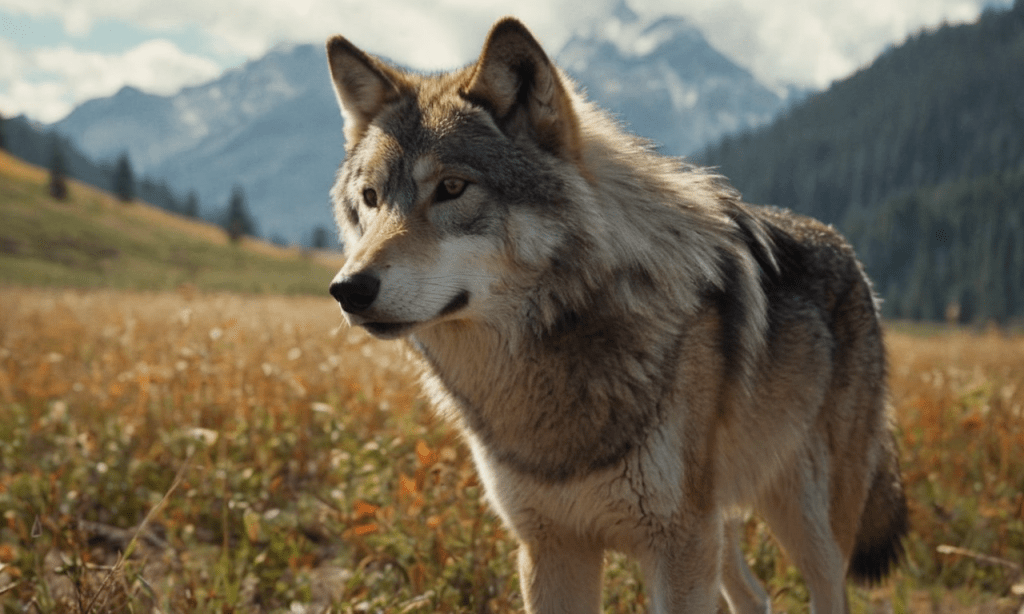
No matter where they appear, wolves are almost always associated with wildness, freedom, and raw power. Their meaning touches on our struggles between civilization and wild instincts.
Common Symbolic Meanings of Wolves
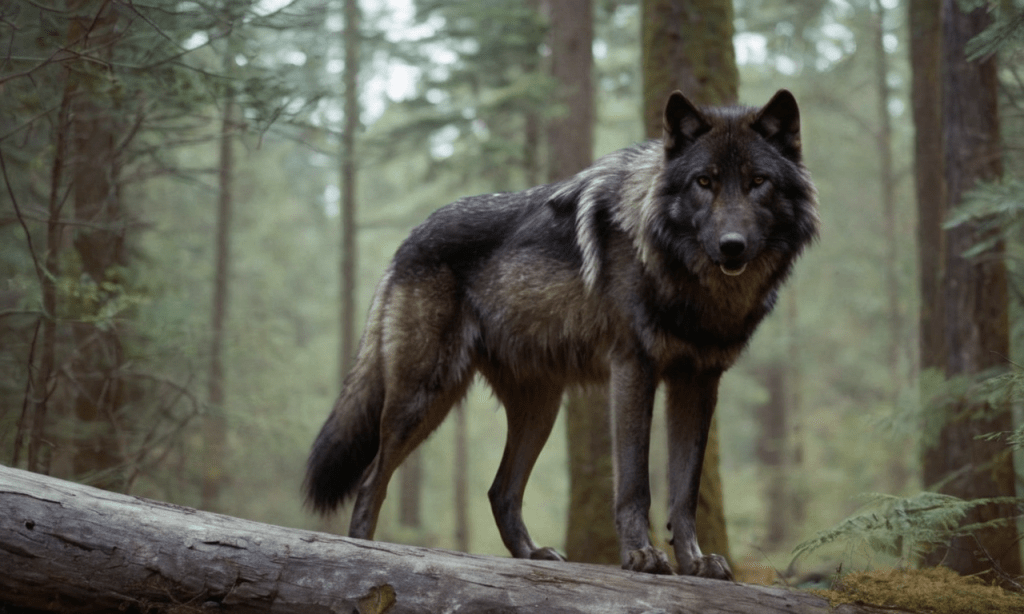
Wildness: The wolf embodies our untamed nature and deepest instincts, connecting us to our primal wild self outside the confines of society. They represent the discarded restraints of civilization and living as a free spirit.
Loyalty: Wolves have strong social bonds in their packs, representing loyalty, community, and working together. A lone wolf can symbolize independence or solitude.
Intelligence: A wolf’s high intelligence represents our intellectual capacities and ability to strategize and solve complex problems. Their meaning prompts us to think analytically.
Spiritual Connection: Wolves have a mystical quality that embodies spiritual wisdom, intuition, and connection to unseen realms beyond the physical world.
Guardianship: They can represent protectiveness, keeping watch over loved ones, and defending the vulnerable. Within a pack, they care for each other.
Communication: The wolf’s howl symbolizes finding a voice to express our true feelings and connect with others. It reminds us of the power of unbridled expression.
Freedom: Wolves call to our inner nomads to be free of restrictions and societal constraints, living and wandering with purpose on our path.
Wild Resilience: The wolf exemplifies qualities like courage, perseverance, adaptability, and thriving whatever the environment. Their wild resilience lives within us all.
Examples of Wolf Symbolism in Mythology and Folklore
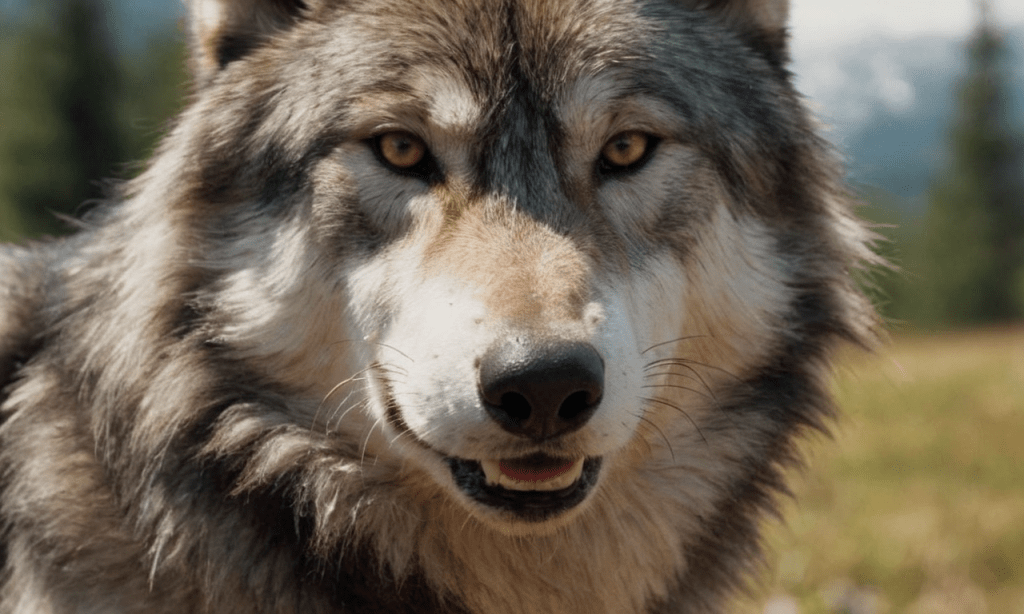
- Norse Mythology: The Fenris wolf and wolves Sköll and Hati threatened the Norse gods as forces of cosmic destruction. Odin’s wolves symbolized the balance of chaos and order in life.
- Native American Beliefs: Wolves represented wisdom, companionship, and spiritual connection. Some tribes saw the wolf as a guide to the afterlife and the spirit world.
- Aesop’s Fables: Stories like “The Boy Who Cried Wolf” illustrated the dangers of careless untruths and false alarms. The fables underscored the wolf’s wild, untamed nature.
- Three Little Pigs: The predatory Big Bad Wolf who blows down the pigs’ houses embodies dangerous brute strength without morality or restraint.
- Little Red Riding Hood: The wolf in disguise represents deception, trickery, animal instincts overpowering morality, and threats hiding in plain sight.
Wolf Dreams and Their Symbolic Meanings
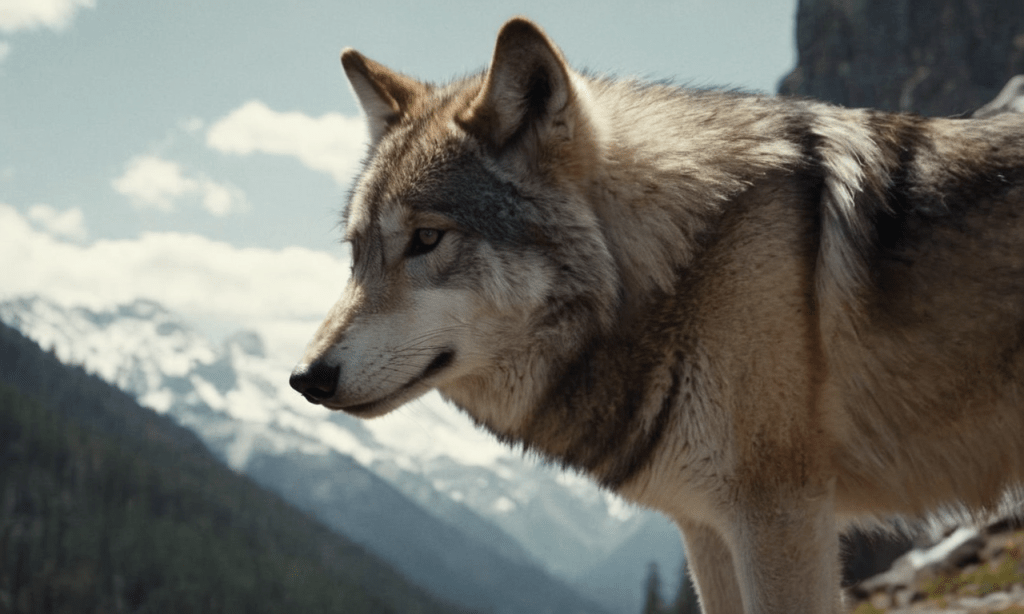
Wolves often appear in our dreams as symbols of our hidden instincts, anxieties, and fears. Here are some common wolf dream interpretations:
- Being chased by a wolf represents running from a problem or issue you’ve been avoiding.
- Killing a wolf symbolizes betraying yourself or overpowering aspects of your personality.
- A wolf attack represents feelings of being threatened by strong competition or predatory people.
- Seeing a lone wolf can symbolize a longing for freedom or independence.
- A white wolf represents victory, valor, and overcoming challenges.
- Petting a tame wolf reflects building trust with uncertain situations or untamed aspects of yourself.
Wolf Symbolism in Popular Culture and Literature
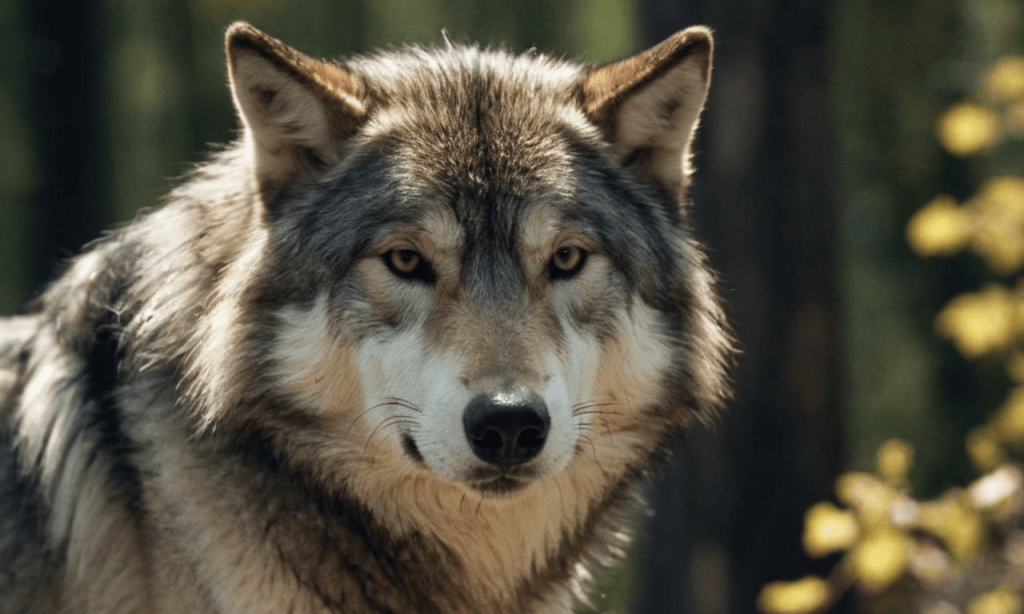
Wolves continue to captivate modern cultures, appearing as symbols in films, books, and songs:
- Game of Thrones: The Stark family’s direwolf sigil represents honor, loyalty, and fierce protectiveness. Their magical bond with the Stark children reflects the primal connection between wolves and humans.
- Harry Potter: Professor Lupin’s werewolf alter ego symbolizes the difficulties of containing and controlling one’s darker nature and animal instincts.
- Twilight Saga: The Quileute tribe’s ability to shapeshift into wolves embodies the raw, wild spirit hiding beneath their human facade.
- The Call of the Wild: Buck’s ancestral connection to his lupine ancestors represents his inherent wildness and dormant strength. London explores the wolf’s pull between domestication and undomesticated freedom.
- White Fang: Facing cruel owners, White Fang must overcome his viscousness and learn to trust humans, reflecting the challenge of taming wild natures without extinguishing their spiritedness.
Key Takeaways and Summary of Wolf Symbolism
- For millennia, wolves have represented humanity’s relationship to wildness, nature, and animals. They embody our deepest instincts, wild freedom, and raw power.
- Different cultures have portrayed wolves either as threatening destructive forces or as wise, spiritual guides who shepherd souls and maintain balance.
- Modern wolf symbolism still wrestles with the wolf’s wild rapaciousness versus the caring loyal aspects of pack life. They represent our inner struggle between civility and primal instincts.
- As an intelligent, adaptable, resilient predator, the wolf reminds us to unleash our problem-solving abilities and hidden inner strength to survive challenges.
- Wolf meaning prompts us to find harmony between our wild side and higher civilized self – integrating the wolf’s wisdom without losing our moral principles.
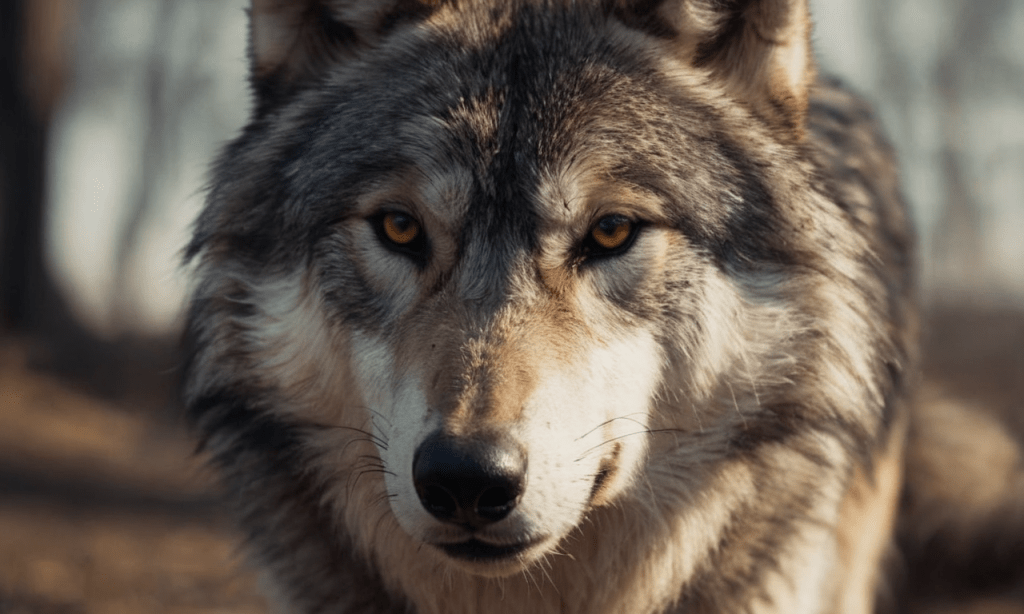
Frequently Asked Questions About Wolf Symbolism
What does a wolf symbolize in dreams?
Wolves in dreams often symbolize our hidden inner desires, fears, and tendencies. They can represent avoided problems, freedom, distrust of others, or victory over our challenges.
What does a wolf represent in Native American culture?
Wolves represented wisdom, intelligence, spiritual connection, companionship, and close community bonds in many Native American traditions. Some saw wolves as spirit guides.
Do wolves symbolize good or evil?
Wolves have symbolized both good and evil. They represent wild freedom but sometimes embody threats, destruction, and evil in mythology. Their symbolism touches on the good and bad in raw animal nature.
What does the wolf teach us?
Wolves teach us to connect with our instincts and inner wild self beyond society’s constraints. They show us the value of intelligence, community, communication, and resilience in adapting to challenges.
Why are wolves associated with loneliness?
The lone wolf represents independence, freedom, and surviving alone outside a pack. Lone wolves are typically isolated from others, evoking feelings of solitude.
Conclusion
The rich symbolic legacy of the wolf reminds us to respect nature’s wild beauty and power. Wolves connect us to our inner primal side, stripped of pretense and artifice. They represent the profound life lessons passed down to humanity from our ancient lupine kin – of wildness, loyalty, intelligence, spirit, and nurturing inner strength that overcomes all threats. By understanding wolf symbolism, we better understand the human condition.





